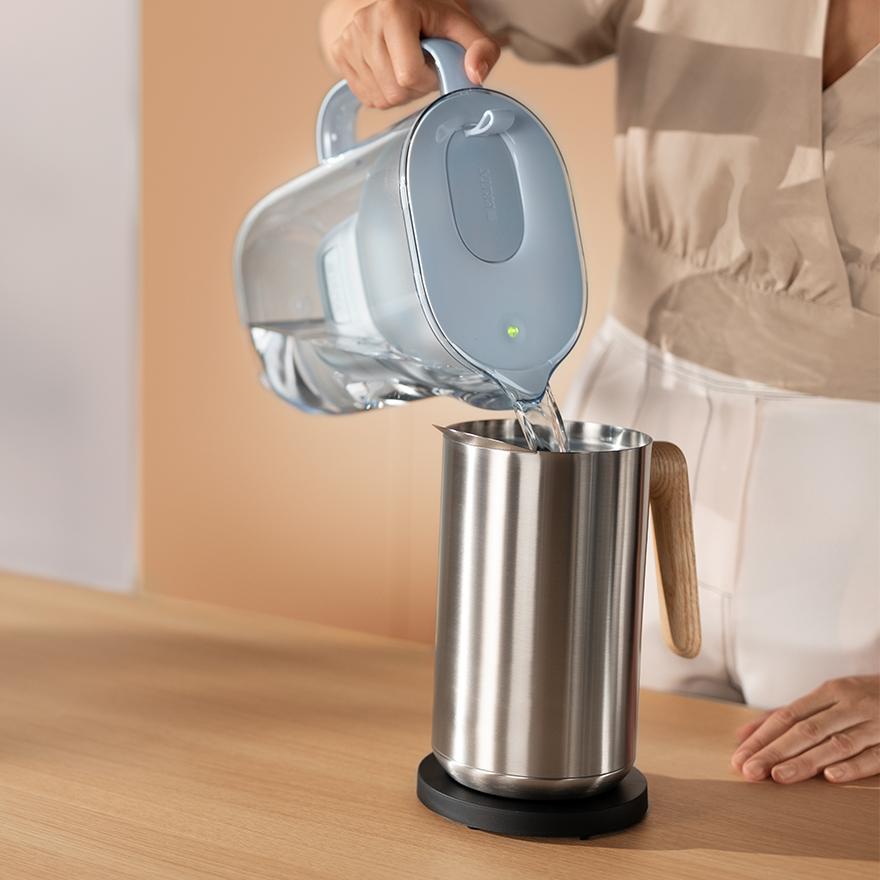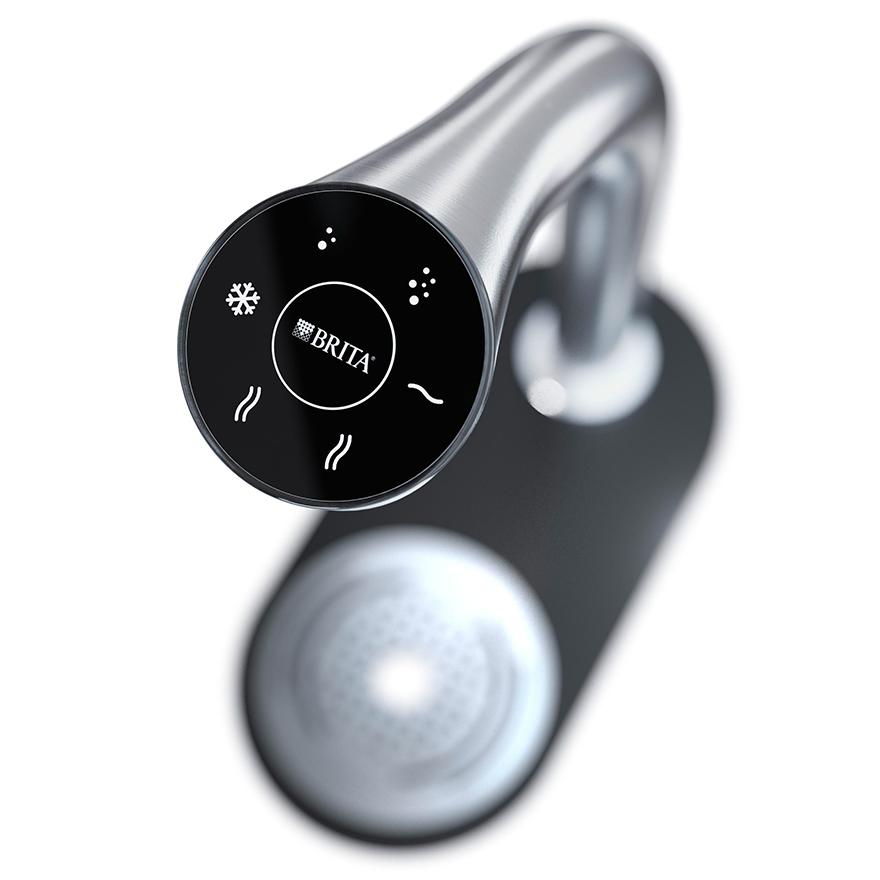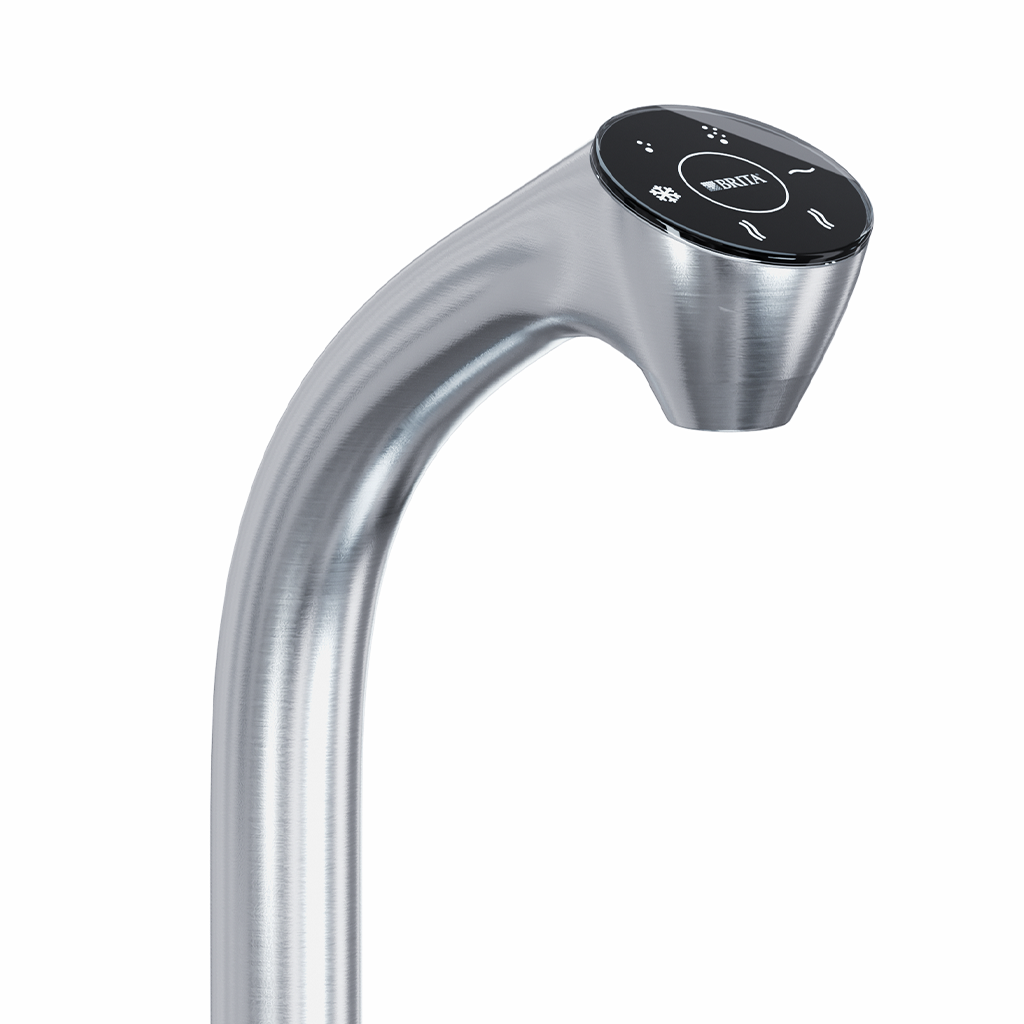Are boiling water taps more energy efficient?
When comparing whether a boiling water tap or a kettle is more energy-efficient, boiling water taps use less energy than a standard kettle. Boiling hot water taps for the kitchen can use up to 50% less energy than traditional kettles. Every time you switch on your kettle, an average of 2-3 kilowatts is used in comparison to a boiling water tap, which uses 10 watts of energy to constantly keep the water at a stable boiling temperature. A boiling water tap is estimated to store enough water to produce 25 cups of tea and coffee every hour. So those large office brew rounds won't require several boiling of the one kettle, meaning your employees can be refreshed quicker.
Which is cheaper to run, a kettle or a hot water dispenser tap?
While the boiling water tap may cost a little more upfront to initially install in comparison to the price of a new kettle, the boiling hot water taps, on average, can use up to 50% less energy. According to the Energy Saving Trust, boiling a full kettle of water will cost around 7p (based on 34p/kWh), whereas the cost of a boiling hot water tap for the average UK household works out at around 3p per day! This can all add up with those work brew-rounds as the kettle isn't being boiled regularly.
Hot water dispenser vs Kettle: Which appliance is more eco-friendly?
When comparing the usage of a kettle with a boiling water tap, which one would be a more environmentally friendly way to boil water? According to a survey taken by the Energy Saving Trust, 67% of people admit to overfilling their kettle. This contributes to a large amount of water waste as well as energy waste. Not only does a kettle produce a large amount of waste, but uses more watts of energy in comparison to a boiling water tap. This suggests that having a boiling water tap installed within your work environment would reduce the negative environmental factors. Especially considering that your office kitchen kettle may take multiple fill-ups' and boiling cycles to produce enough hot water for your staff to have a hot drink, whereas the boiling water taps allow for instant boiling water to be always readily available.
BRITA boiling and hot water dispensers
Here at BRITA, we strive to continuously make changes and improvements to living in a more sustainable and environmentally friendly world. Our smart and stylish boiling water tap has been designed with five water types including unchilled, chilled, still, semi-sparkling, and sparkling, plus instant hot water. There are 2 tap height options available, ideal for bottles, glasses, and cups. There are two boiler sizes and an optional Easy Access Panel, tailoring our product to your needs. Our qualified service engineers install and maintain your boiling water dispenser, making the process as simple as possible.
Discover our boiling and hot water dispensers.








